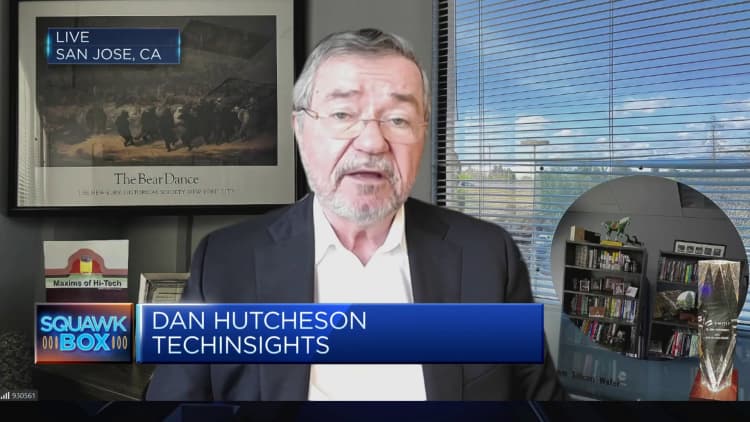Commerce Secretary Gina Raimondo emphasized the United States’ superiority in semiconductor technology compared to China during a recent interview on CBS News’ “60 Minutes.” Raimondo highlighted that despite Huawei Technologies’ microchip advancements, the U.S. remains at the forefront of innovation in this critical sector. This statement comes in the wake of the Biden administration’s restrictions on chip sales to China, which have drawn criticism from Chinese officials and U.S. chip companies alike.
The release of Huawei’s Mate 60 Pro smartphone, featuring a 5G-capable chip, raised concerns about potential violations of U.S. export controls. Raimondo’s visit to China coincided with the phone launch, adding a layer of tension to the already complex relationship between the two nations. The Commerce Department’s oversight of the CHIPS Act, which aims to bolster the domestic semiconductor industry, underscores the importance of maintaining U.S. technological leadership in the global market.
In recent months, tensions have escalated following Russia’s invasion of Ukraine, prompting the U.S. and its allies to tighten export controls on advanced technologies. Raimondo acknowledged the impact of these measures on Russia’s ability to wage war, although she noted that alternative sources of chips have been found. The allocation of funds under the CHIPS Act to major chipmakers like Taiwan Semiconductor Manufacturing Co., Samsung Electronics, and Micron Technology reflects the government’s commitment to strengthening the U.S. semiconductor industry.
Looking ahead, it is clear that the semiconductor race will continue to shape international relations and technological advancements. As countries vie for supremacy in this critical sector, strategies to safeguard national security interests while fostering innovation and economic growth will be crucial. The ongoing developments in the semiconductor industry underscore the importance of maintaining a competitive edge in a rapidly evolving technological landscape.
In my opinion, the United States’ efforts to maintain its lead in semiconductor technology are essential for safeguarding national security and economic interests. The advancements made in this sector not only drive innovation and competitiveness but also have significant implications for global power dynamics. By prioritizing investments in semiconductor research and development, the U.S. can stay ahead of emerging challenges and secure its position as a leader in the global tech industry. As the semiconductor race intensifies, strategic collaboration with allies and prudent decision-making will be key to navigating complex geopolitical realities and ensuring a prosperous future for the U.S. tech sector.


